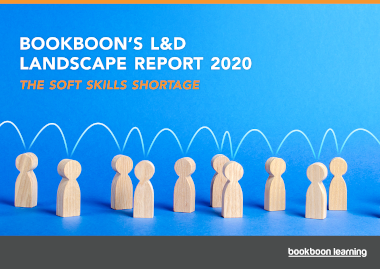The difference between soft skills and hard skills

Soft skills versus hard skills. What is the difference, really?
What are hard skills?
Hard skills are mostly about what you know and are fundamental for any career growth, those are also called technical skills referring to a specific field of study such as math, computer science, accounting, marketing, or architecture skills. Hard skills are learnable, easy to quantify but applicable only on a defined context within companies or institutions embracing these activities. Hard skills will help you get the interview, but soft skills will enable you to get hired and keep the job. Hard skills will empower you to start a career, but soft skills will help you maintain it.
What are soft skills?
Soft skills are about the traits of your personality or how do you act. Often referred to personal effectiveness, social interactions and leadership, soft skills encompass many subjects including listening skills, motivation, creativity, time management, problem-solving, flexibility, emotional intelligence, positive thinking, resilience and others. Those are your personal attributes and communication abilities required for success in any career independently of your status and degrees. It may be hard to quantify or measure them, but working hard to improve your soft skills will make them very visible to others.
4 differences between soft skills and hard skills
Soft skills: an ongoing process
Compared to hard skills, soft skills require an ongoing journey. Self-improvement is not a one-shot action but a continuous process that should be maintained all over the stages of your life. To keep investing in yourself, you will have to learn new skills, forget about others and adjust on a continuous basis.
Soft skills are adaptable
Soft skills are not right or wrong like an exact science, or black and white concepts to be memorized and strictly embraced. Those are skills that need adaptation and acquire flexibility depending on the context, people, and situations.
Soft skills are transferable
Soft skills, unlike many hard skills, are not dependent on one specific job; they are transferable as they can fit in all workplaces and circumstances. You may evolve over time into a position that has nothing to do with your specialty and your soft skills will allow an easy transition.
No exams necessary
Your soft skills may be difficult to quantify, but they can be measured through your level of independence, interdependence or how you empathize and cooperate with others. Another example, self-confidence cannot be measured but your attitude and your communication styles can be great indicators of your level of confidence.
Want the latest research on soft skills? Follow these steps.
- Check out our brand-new blog for the latest L&D-focused content
- Download our new report, The Soft Skills Shortage, below
- Sign up for our newsletter to be the first to receive brand new L&D articles, stats and eBooks straight to your inbox
Learn what 75% of organisations are doing to close the soft skills gap, the top soft skills of 2020, and the skills you didn’t realise your organisation was missing with a free download of our brand-new report below.
What you’ll learn in the report
•The soft skills content 67% of employees are requesting
•How companies big and small are closing the soft skills gap
• The cost of an investment in soft skills training
And many more brand new statistics!




